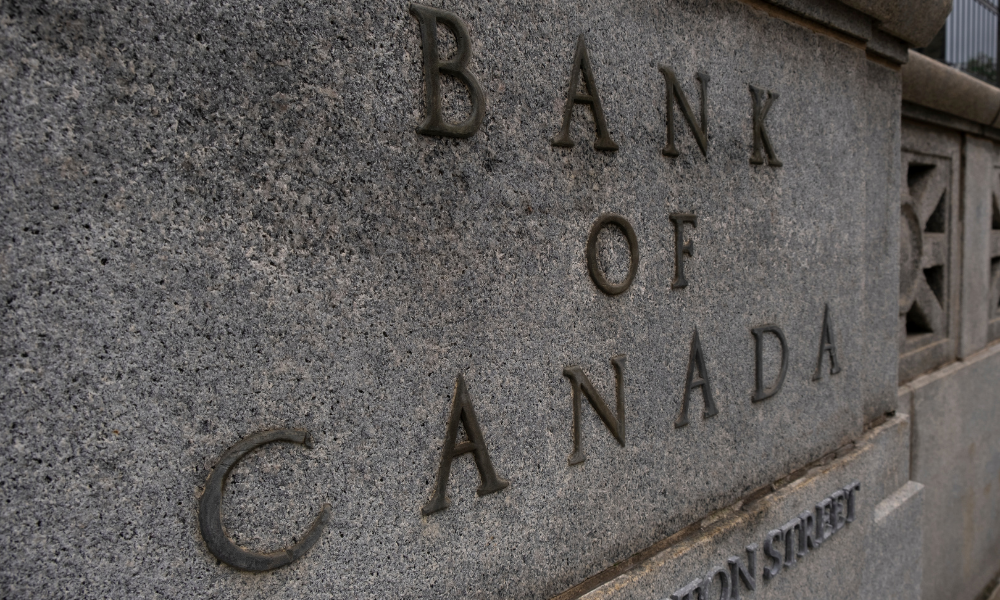The governor says the next steps will decide whether Canada’s economy falls behind

Bank of Canada governor Tiff Macklem has stressed in recent remarks that Canada must urgently take steps to diversify its trade relationships and improve productivity, warning the country is still suffering the consequences of its long-standing reliance on the United States.
Speaking Tuesday to the Saskatchewan Trade and Export Partnership and the Greater Saskatoon Chamber of Commerce, Macklem said Canada waited too long to reduce its dependence on the US economy. “Canadian leaders – business, political and economic leaders – need to chart a new course. We should have been making these changes 15 years ago. But the next best time is now,” he said.
Tariffs and trade disruption
Macklem pointed to the fallout from US protectionism. “The large increase in US tariffs is weakening global demand, disrupting supply chains, raising prices and putting the Canadian and global economies on permanently lower paths,” he said.
Macklem noted that tariffs imposed by US president Donald Trump have placed lasting strain on Canadian industries such as steel, aluminium, autos, and softwood lumber. He added that China’s restrictions on Canadian canola have delivered the sharpest blow to Saskatchewan’s economy.
The Bank of Canada reported that exports dropped almost 27% in the second quarter of 2025, causing real GDP to contract by 1.6%. The unemployment rate climbed from 6.6% to 7.1% between February and August.
While exemptions under the Canada-United States-Mexico Agreement have shielded many Canadian goods, Macklem said sector-specific tariffs are already eroding growth and weakening the labour market.
Structural change required
The governor stressed that this downturn is not cyclical and will not automatically rebound with US demand. “This time, we need to follow through,” he noted.
He urged businesses and policymakers to expand Canada’s reach to other global markets. Canada has trade agreements with 50 countries beyond the US, but Macklem said they remain underutilized. “We need to find new markets for our products and new products for our markets,” he said.
Macklem also recommended dismantling interprovincial trade barriers, harmonizing regulatory standards, accelerating approval times and investing in east–west transportation and port capacity. These moves, he said, would help Canadian firms ship goods overseas and improve productivity at home.
Monetary policy support
The Bank of Canada lowered its benchmark interest rate last week by a quarter point to 2.5% to support growth. But Macklem emphasized monetary policy has limits. “Monetary policy cannot undo the damage caused by tariffs, but it has a role to play supporting the economy through this period of adjustment while maintaining price stability,” he said.
He concluded by stressing urgency. “We have the capacity to overcome the negative impact of new trade restrictions with the United States. Elbows up has been galvanizing, but now we need to roll up our sleeves. There is a lot of hard work to do,” he noted.



